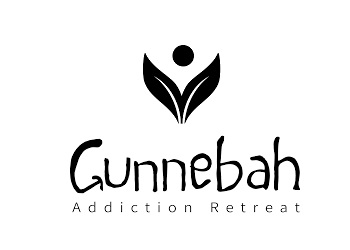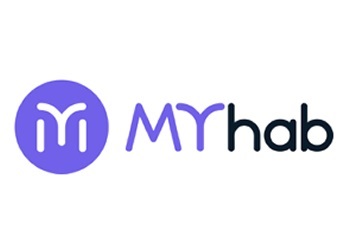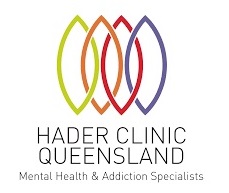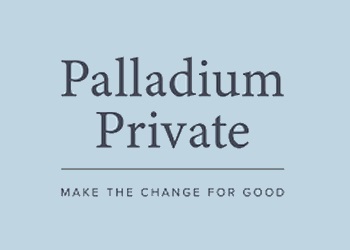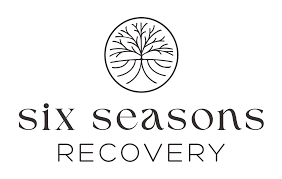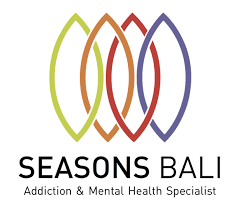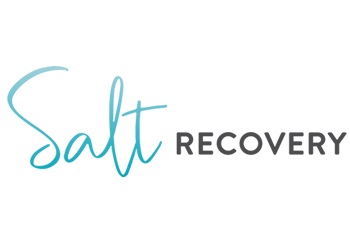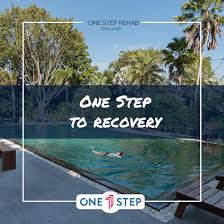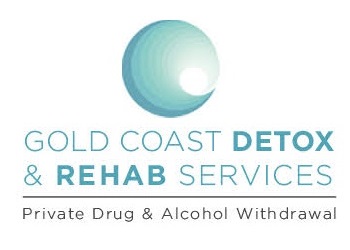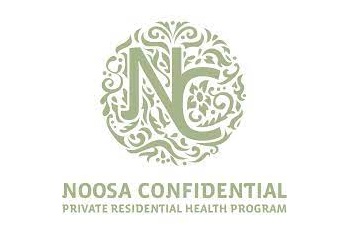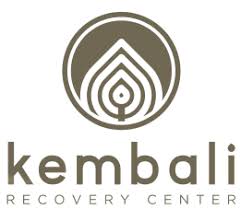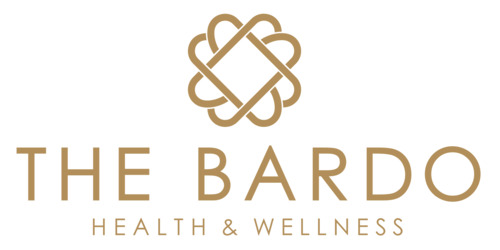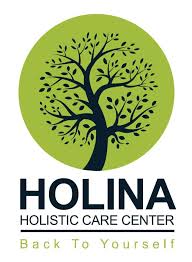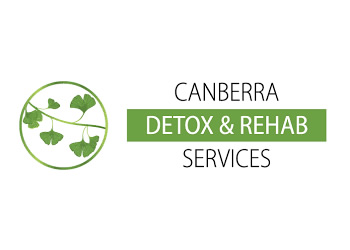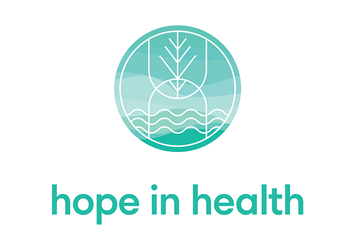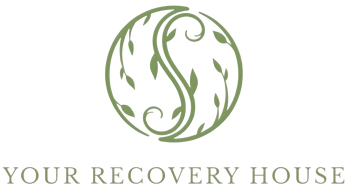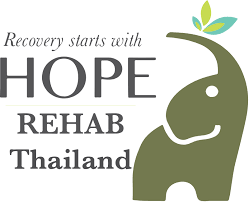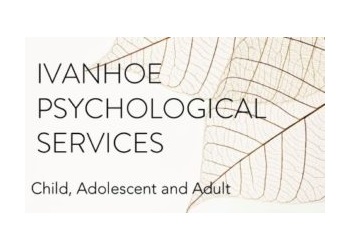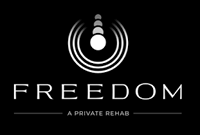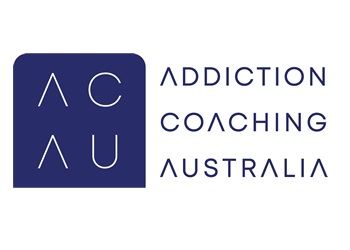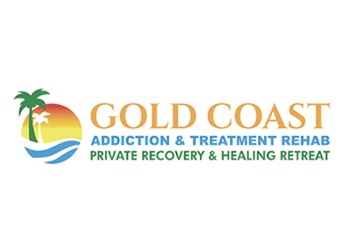Robert Rushford – Release My Super assists with the release of superannuation savings under the compassionate release of superannuation program for addiction treatment programs, mental health services, and IVF Treatment.
Mental Health during Covid
Many of us are feeling the impact on our mental health as we face difficult times as a result of the Covid crisis.
Whilst feelings of worry and unease can be expected, we can take a number of steps to reduce feelings of anxiety, depression or panic.
Some key points include:
Limit the amount of media you consume
Try to avoid reading the news or spending too much time on social media. Instead, find the factual information on the Australian Government site or the World Health Organization.
Proactively maintain your own health and safety
Follow basic hygiene principles to avoid anxious feelings about infection.
Avoid thinking worst-case scenario
It’s easy to worry about the worst possible outcome but reassure yourself and try to keep things in perspective.
Look after yourself
Practice self-care and encourage positive thinking. There are many versions of self-care, so find one that suits you. Some examples could include:
- Maintain social connection and friendships
- Continue activities and hobbies
- Exercise daily
- Maintain healthy eating
- Avoid alcohol or other drugs to cope with stress
- Practice relaxation, mindfulness, or meditation
Seek additional help if you need it
This is a difficult and unsettling time, and if you need mental health support you can reach out to a number of organisations that offer psychological and counselling services.
These services are still available face-to-face, however, if you are uncomfortable with this – telehealth (counselling over the phone) is now available.
Alternatively, you can call the Beyond Blue Support Service. This free and confidential service is available every day to all Australians online from 3pm to midnight AEST or 24 hours a day by phone on 0475 471 872 or 1300 090 261.
The Beyond Blue Online Forums have a dedicated ‘Coping with the Coronavirus outbreak’ section for anyone seeking a safe and anonymous place to discuss their mental health and wellbeing.
MindSpot, a free service for Australian adults who are experiencing difficulties with anxiety, stress, depression and low mood, is offers Wellbeing Courses for people 60+ years.
The course aims to help older adults learn to manage stress, anxiety, worry, low mood and depression.
Self-isolating or social distancing?
If you’re socially isolating or distancing – these tips may also help you to cope with separation from loved ones (or too much contact!), loss of freedom reduced income and more:
Maintain a sense of normalcy at home
- Even if you are spending your day at home (working or not), it’s beneficial to maintain some structure. You could schedule your daily tasks and meal breaks, as you would if you were at work.
- Set up a dedicated home office area (if working from home)
- Get dressed each morning
- Maintain contact with your colleagues and or friends
Remember the support you are providing others by self-isolating or social distancing
The social distancing or isolating we are required to implement has been put in place to support the health and wellbeing of others.
Remind yourself that your actions are helping others and that we are all in this together.
Robert Rushford July 2021




